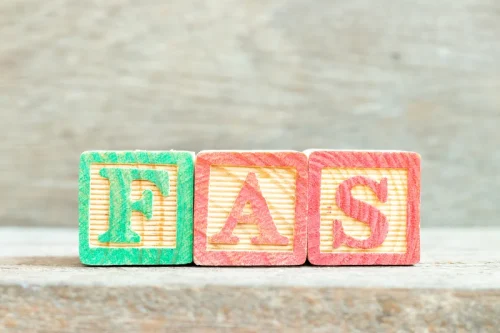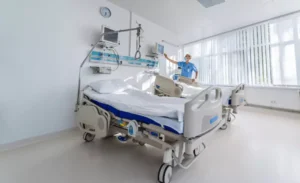
When you’ve worked this hard to get into rehab, through detox and onto recovery, you don’t want triggers to have so much control over your future. That’s why many therapists and counselors recommend facing your triggers. You may also respond to certain people or events in ways that don’t seem normal.
- It is known that the subjective perception of the event is a determining point to understand the experience lived (Burr, 1982).
- You don’t ever want to put yourself in this type of experience alone, especially without having tools or strategies for overcoming the way triggers make you feel.
- The sound of machinery, the scent of a specific flower or the preparation of a specific type of food could be a trigger for you.
- If you don’t already have a trusted therapist, you may want to meet with several before finding one you feel comfortable with who meets your needs.
Common External Relapse Triggers
If you choose to go this route, be sure you’re doing so with the help of your counselor. For this type of numbing method to work, you must abstain from using the drug or drinking the alcohol. By https://ecosoberhouse.com/ numbing yourself to that risk through exposure, you may be able to defeat it. You are working on reprogramming your mind to break the association between the experience and the drug itself.
Individual Therapy

Because triggers are not always familiar and noticeable, it’s important for people in addiction recovery to be observant of what triggers them. Developing the self-awareness to know when something is affecting someone’s mood or emotions can take time and consideration. We have more information for you about the recovery process and how to get started.

Self-Awareness: A Key to Addressing Internal Triggers
Paying attention to the environment around you when you experience a trigger can help you examine them. You may even consider keeping a daily journal to record your experiences. Recovering from substance use disorder can be a life-changing journey for many people. Self-judgment could lead to emotional distress and feelings of guilt, which can be triggers themselves. First, know that experiencing triggers in recovery is not a sign of failure. It is common for people in recovery to face triggers in their journey to wellness.
How Does This Trigger a Relapse?
But there are typically two kinds of friends who may be external triggers for drug or alcohol use. But external triggers can become internal triggers if they bring up experiences you haven’t processed. For those struggling with substance abuse and addiction, it isn’t uncommon for the affected person to return to alcohol or drug use.

Most Common Triggers for Relapse and How to Avoid Them
The helpline at AddictionResource.net is available 24/7 to discuss the treatment needs of yourself or a loved one. This helpline is answered by Legacy Healing Center, an addiction treatment provider with treatment facilities in California, Florida, Ohio, and New Jersey. The best way to deal with this relapse trigger is to have a strong support network.
A way to manage these external triggers is to have a support system of friends and family members who are encouraging and help you address challenges that come your way. Being able to identify triggers and implement healthy ways to manage them will be critical skills for your recovery journey. Warren is a Licensed Master Social Worker, who specializes in substance abuse and mental health treatment. Clinically, Warren has developed a therapeutic skillset that utilizes a strengths-based perspective, Twelve Step philosophies, Cognitive Behavioral Therapy and Motivational Interviewing. Awareness of potential triggers and reaching out to your support system when needed can help overcome the challenges posed by reminders of past use.

Social support:
Identifying a relapse trigger, and learning how to deal with it, is an important step in the relapse prevention process. It is still possible to prevent relapse and a return to addictive behavior after cravings have begun, but it is better to prevent the craving in the first place. internal vs external triggers When asking what are triggers in addiction, you also have to consider the triggers that impact mental health. These are internal or external experiences that remind you of mental health trauma or breakdowns. It’s something that makes you want to use drugs even though you’re sober.
- Identify what internal triggers — emotions, thoughts, or memories — are liable to trigger cravings.
- For someone in drug addiction recovery, triggers link the brain back to something in addiction that causes the cravings to use.
- If you are in recovery, please don’t lose hope in your ability to enjoy sobriety if you experience a relapse.
- On the other hand, someone may experience cravings while feeling low or sad.
- Therefore, relapse is seen as the effect of not having coping strategies.
Your therapist can help you determine the best practices for managing your triggers. A good example of mental health triggers occurs in people with post-traumatic stress disorder. In this mental health disorder, a person may relive experiences and traumatic events when they hear a specific sound or walk into a room where the trauma occurred. Triggers can be a wide range of things and will vary from person to person as they are linked to personal experiences. Internal triggers are emotions or thoughts, whereas external triggers are something seen or heard.



